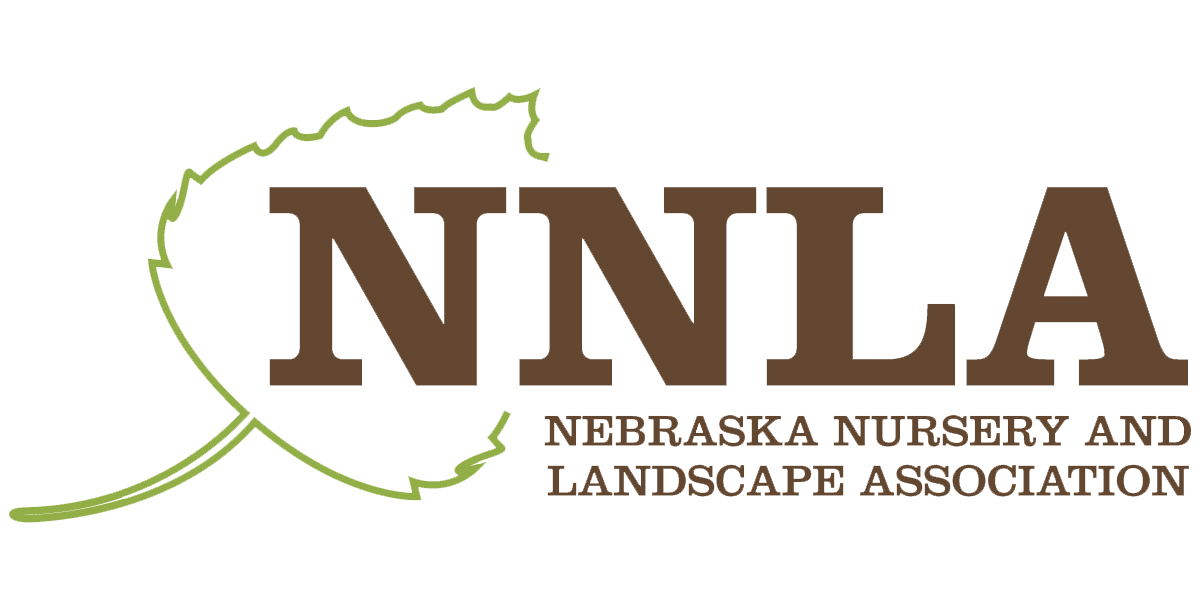Receiving & Shipping Plants: What You Should Know
It is the time of year when nurseries are putting together plant orders for the coming spring season or receiving orders to ship plants. If your business either ships plants to other states or countries or receives plants from businesses outside Nebraska, you should be aware of requirements for shipping interstate.
Nursery stock shipped from one state to another requires a nursery license indicating the plants were inspected and found free of injurious plant pests. This license is basically attesting to the general good health of the nursery stock. However, additional certification is increasingly being required to ensure that insects and diseases of specific concern are not being spread on plants. This additional certification can be met by adding additional pest declarations to a license or attaching separate documents, either of which will attest to freedom from specific regulated or quarantined pests.
There are numerous state and federal quarantines that apply to the movement of nursery stock. For example, plants from areas infested with Gypsy moth, Japanese beetle, pine shoot beetle, and/or sudden oak death require additional certification to indicate they meet the state or federal quarantine requirements necessary to leave the quarantine area. Paperwork must accompany each shipment indicating the requirements have been met. Inspectors with the Nebraska Department of Agriculture (NDA) review this paperwork as part of the normal inspection process to confirm compliance with state and federal laws.
When you order plants from another state, ask questions about whether any state or federal quarantines may apply. When a shipment is received, review the paperwork to ensure it includes the nursery license and all required certification documents. Information on individual state requirements can be found online at http://nationalplantboard.org/laws-and-regulations/.
For example, since Nebraska is considered infested with Japanese beetle, Nebraska-grown nursery stock often needs additional certification paperwork to accompany each shipment leaving the state. This certification can be met through several means, including negative trapping data for the production site, application of chemical treatments and production outside the adult flight period. NDA staff will work with individual businesses to determine the best certification method for their situation.
If you are considering shipping plants to other states, contact Jessica Schueth, Export Certification Coordinator for NDA, at 402-471- 5902 or agr.phyto@nebraska.gov to determine any potential requirements and to discuss your options.
